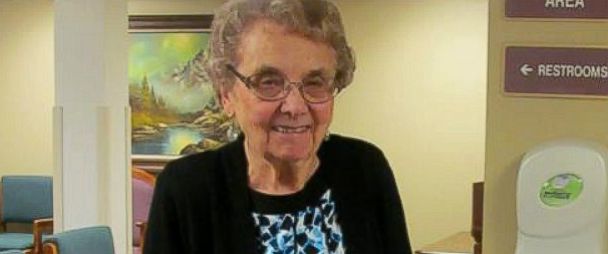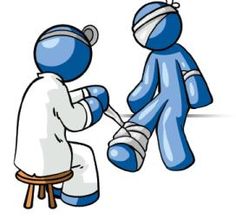A 93-year-old South Dakota woman has finally hung up her nurse’s cap after more than seven decades in the medical field.
Last month, Alice Graber celebrated her retirement from the Salem Mennonite Home in Freeman, South Dakota, where she worked for over 20 years.
I told them that [a party] wasn’t necessary and the director, Shirley Knodel, she said, ‘Oh no, we’ve got to do something here for you,'” Graber told ABC News today. “I [had fun] because of all the people coming and going that congratulated me. It was almost overwhelming.
Source- http://abcnews.go.com/Lifestyle/93-year-nurse-retires-72-years-job/story?id=40666497






